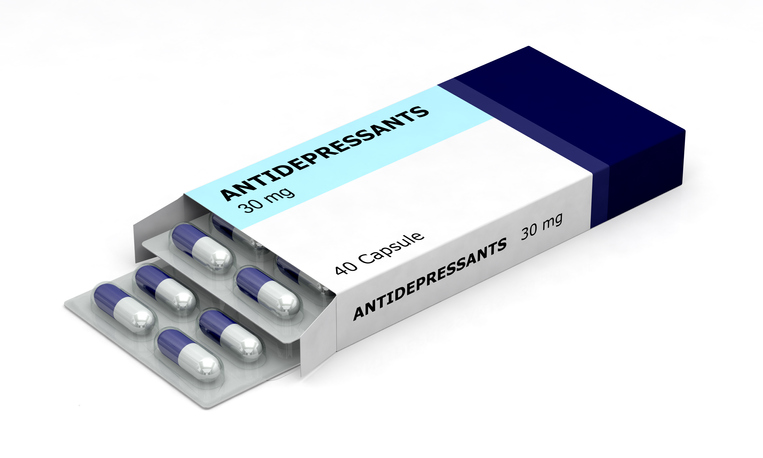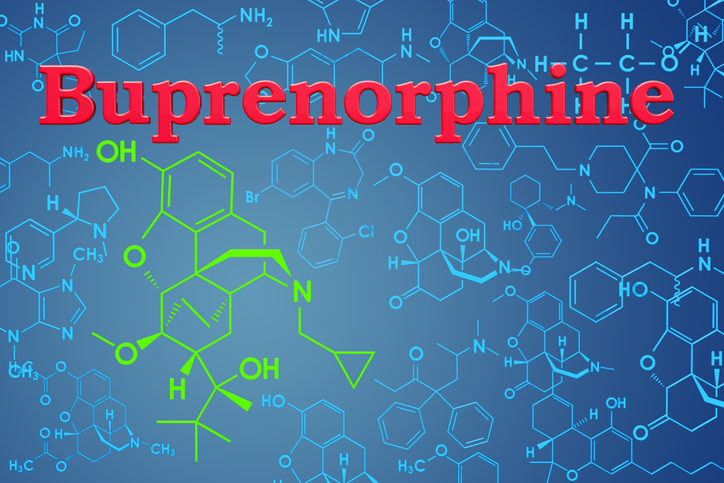Treatments
Antidepressant Medication for Chronic Pain

What are antidepressants?
Antidepressants are typically prescribed to treat depression. However, they have also become a mainstay in treating certain chronic pain conditions. Some antidepressants present analgesic properties, while others only treat depression, anxiety disorders, and obsessive compulsive disorder (OCD). Antidepressants for pain management are usually prescribed at a lower dosage than those to treat depression alone, and are gradually increased as necessary.
Chronic pain can be detrimental to physical, mental and emotional well-being. Depression, anxiety and irritability frequently accompany chronic pain. A health care professional may prescribe an antidepressant as part of a multidisciplinary treatment plan. Types of antidepressants that most often help with pain treatment include tricyclics, serotonin and norepinephrine reuptake inhibitors (SNRIs), atypical, and selective serotonin reuptake inhibitors (SSRIs).
Benefits for pain management
Antidepressants can be a beneficial pain treatment for a variety of reasons. Benefits include, but are not limited to, the following:
- Reduced pain
- Decreased muscle tension
- Improved sleep patterns
- Enhanced mood
- Diminished anxiety and depression
Pain relief is not experienced immediately upon taking antidepressants. It may take a week or longer before any benefits are recognized. If pain levels do not improve, a health care professional may need to change the dose or type of antidepressant.
How they work
Although antidepressants are not typically the first line of treatment for chronic pain conditions, they may be beneficial if other treatment options have failed. While it is not fully understood how antidepressants relieve pain, it is believed that they affect certain chemicals in the brain that are responsible for pain perception. They may work in the central nervous system, including the brain and spinal cord, to reduce pain signals.
What can they help treat?
Chronic pain conditions that antidepressants may ease symptoms of include, but are not limited to, the following:
- Arthritis
- Diabetic neuropathy (nerve damage caused by diabetes)
- Postherpetic neuralgia (nerve damage caused by shingles)
- Nerve pain due to other causes, such as peripheral neuropathy, spinal cord injury, stroke, radiculopathy, etc.
- Tension headaches
- Migraine
- Facial pain
- Fibromyalgia
- Back or neck pain
- Pelvic pain
- Multiple sclerosis
- Sciatica
Potential side effects
Speak with a health care professional about any current medications or health conditions, as they may interact with antidepressants. Potential side effects of antidepressants for pain management include, but are not limited to, the following:
- Dry mouth
- Constipation or diarrhea
- Changes in weight (loss or gain)
- Blurred vision
- Sleepiness
- Increased sweating
- Shaking or jerking
- Changes in sex life, such as lower sexual drive
- Nausea
- Dizziness
- Fatigue
- Headaches
- Insomnia
- Increased heart rate
Conclusion
Additional research is needed to determine the efficacy of antidepressants for chronic pain treatment and to better understand how they reduce pain. A diverse treatment option offers the most successful pain management outcome in conjunction with antidepressants.















